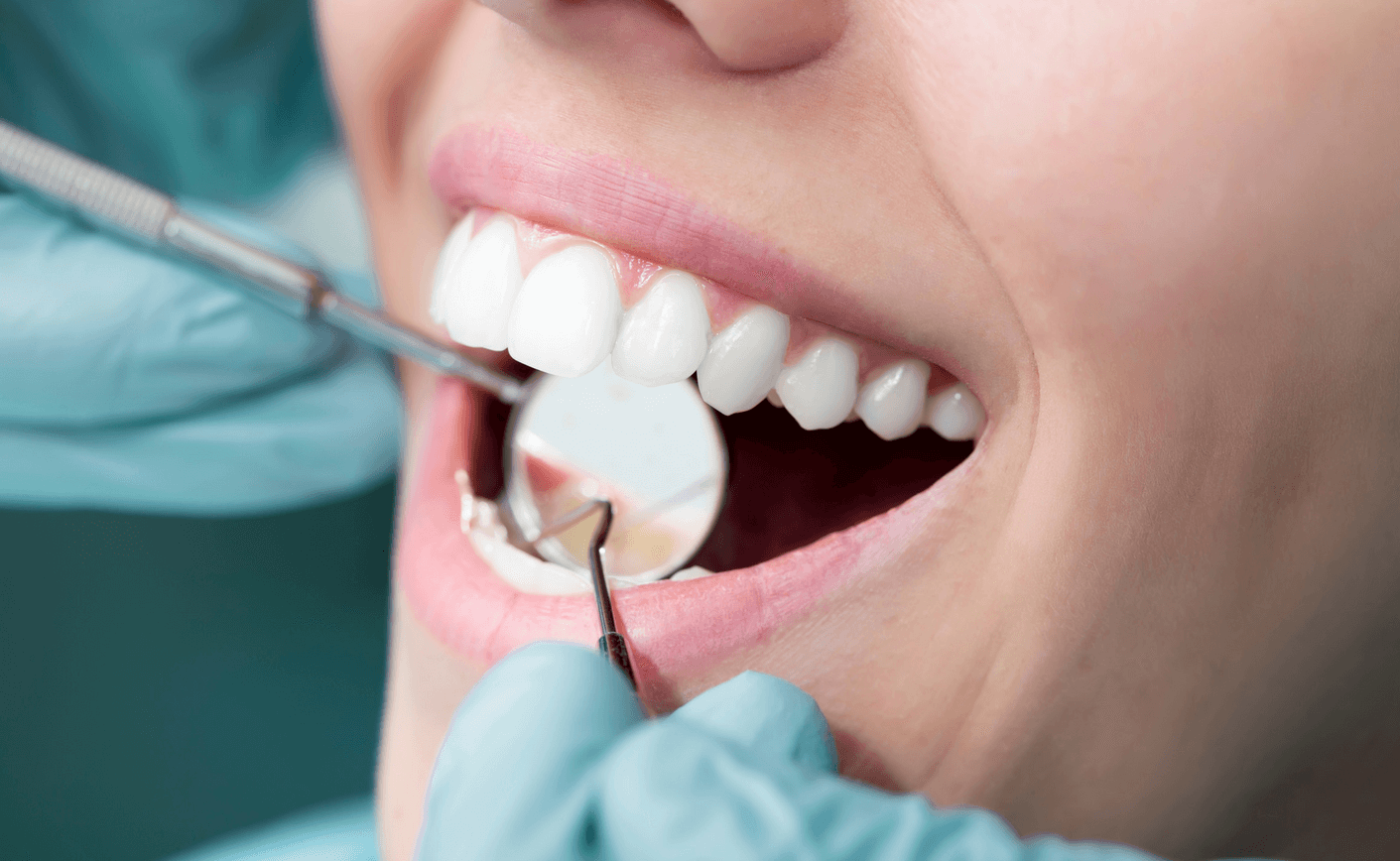
23rd September 2018
How To Spot Gum Disease
Gum disease is both incredibly common and incredibly preventable in the UK. Most adults experience some form of it, be it mild or more aggressive, but what most don’t realise is how easily preventable and even treatable it is. The warning signs are easy to spot once you know what you’re looking for, but they often don’t appear on the radar of concern at all because of how normal they seem. We’re here to provide valuable insight into gum disease, how to spot its development, and how you can prevent it.
Gum disease symptoms
The earliest stage of gum disease is also known as gingivitis. This comes with quite mild and what some may see as unremarkable symptoms, but it’s important to note them should you experience them. Gingivitis symptoms include red, puffy, and swollen gums that could also be receding from the tooth. Sensitivity to touch, brushing, and eating is also another common indicator you’re in these early stages. Bleeding when brushing, which you may notice when you spit your toothpaste out, is another clear indicator, and so is bad breath. These symptoms may seem fairly commonplace with you, then you need to up your dental hygiene or visit a professional. This early stage quickly worsens into the more sinister periodontitis, which threatens tooth loss because of gum recession and instability.
The development of gum disease
The accumulation of bacterial plaque between and around the teeth is the leading cause of gum disease. Plaque builds up when bacteria tries to stick to the smooth and lubricated surfaces of the teeth, which not only eats away at your enamel but also affects your gums. The presence of this plaque irritating the gums triggers a protective response from the immune system, leading it to inflame and worry the tissue more. When this occurs, our teeth become loose and instable in the gums because they may start to recede and pull away from the base. Left unchecked, plaque hardens in tartar that is only able to be removed by a professional. Tartar irritates the gums further, and it’s at this point that we’re seriously risking loose and even losing teeth.
Other causes for gum disease
Besides improper dental hygiene routines, there are other ways that gum disease develops without this build-up of sugar and bacteria. Changes in hormone levels during puberty, the menopause, menstruation, and pregnancy can lead to gums becoming more sensitive and irritated. Some diseases such as diabetes, HIV, and cancer are linked to higher risks of developing gum disease and even some medications can affect your gum health. Always find out from your doctor or dentist whether newly prescribed medication will have a knock-on effect on your gums, so we can prepare and advise care and treatment. Smoking, ageing, and a lack of Vitamin-C have also been recognised as contributing to the development of gum disease.
Preventing gum disease
Preventing gum disease is as simple as regular at-home cleaning. Brush twice a day, floss once a day, and use an anti-septic mouthwash to contribute to healthy gums. You may find that an electric toothbrush works well for you, but if you’re unsure we’ll always advise what’s best. Another jewel to the Roseacre Cottage Dental crown is that we have skilled dental hygienists on hand to assist in professional teeth cleaning and hygiene therapy. This means that we professionally remove plaque, tartar, and provide expert advice on daily care and lifestyle factors that are affecting your oral hygiene. We’ll also spot any early warning signs and anything you’ve missed, so a dental hygiene appointment could do you a world of good.
Gum disease doesn’t have to your take your teeth from you. We want to keep your smile as happy and healthy as you are, which is why we’d much rather save your teeth and gums before any other therapies need to be considered. Book your appointment on 01622 730 548 or enquire online today!
